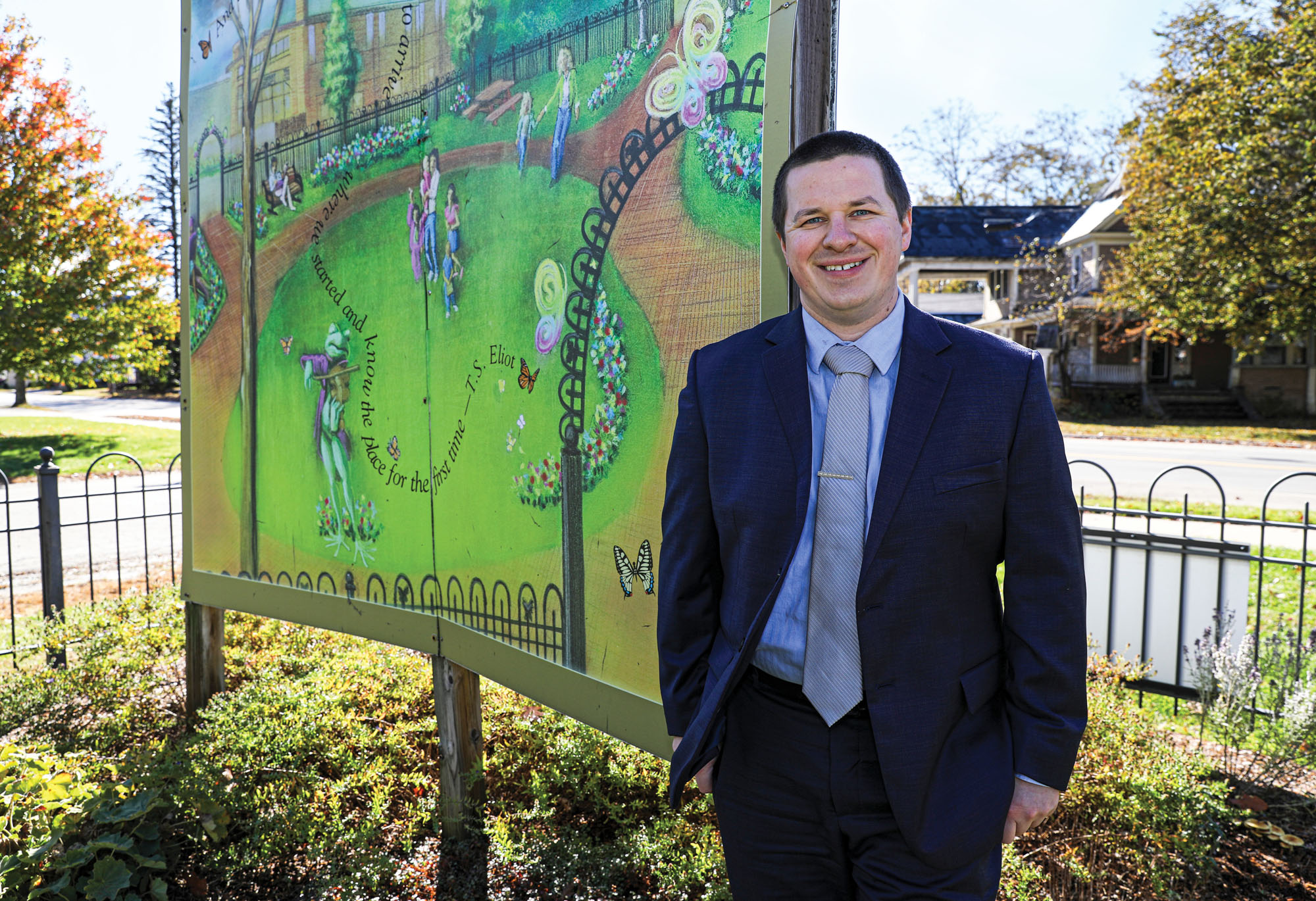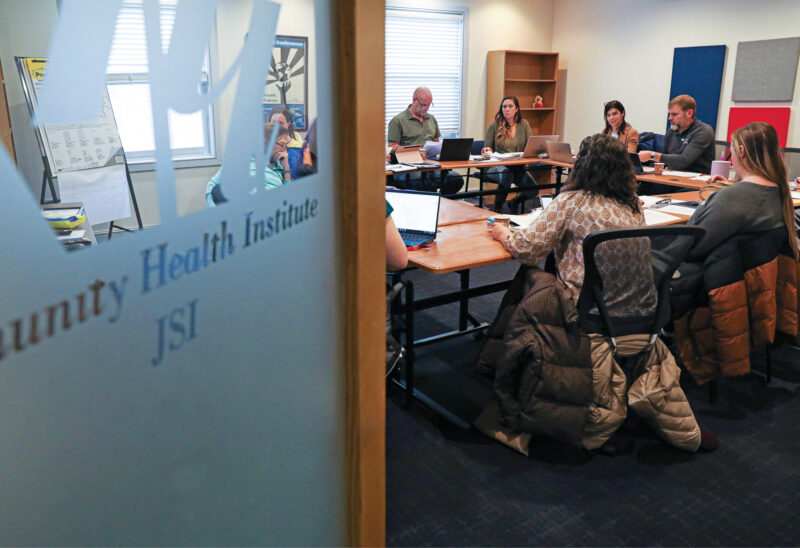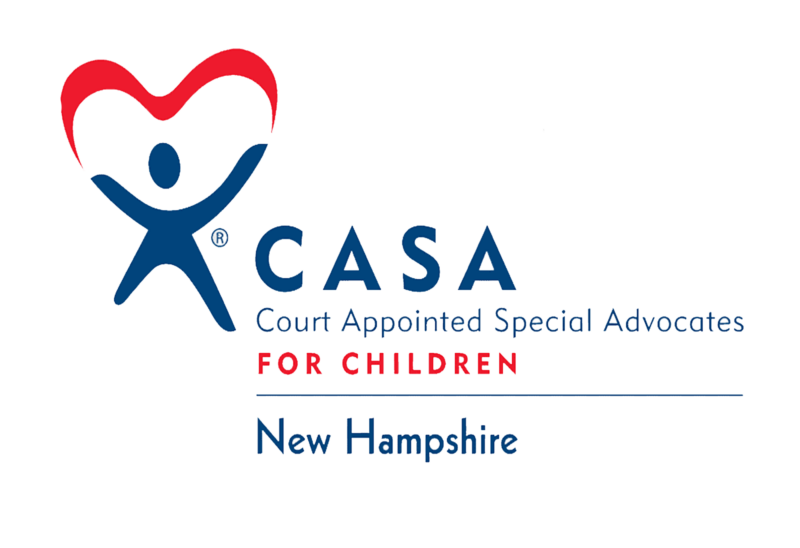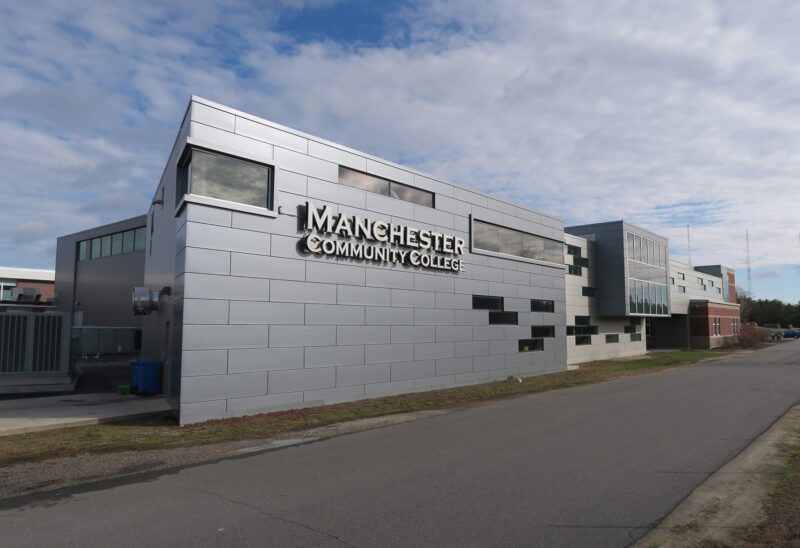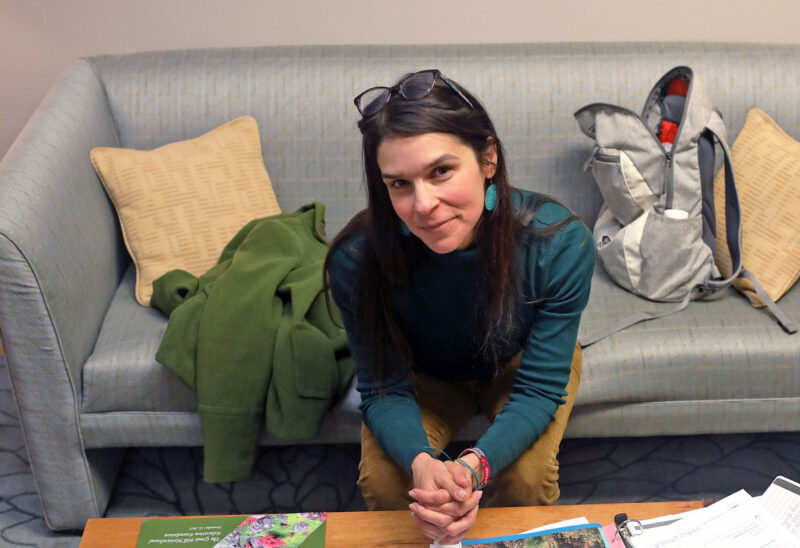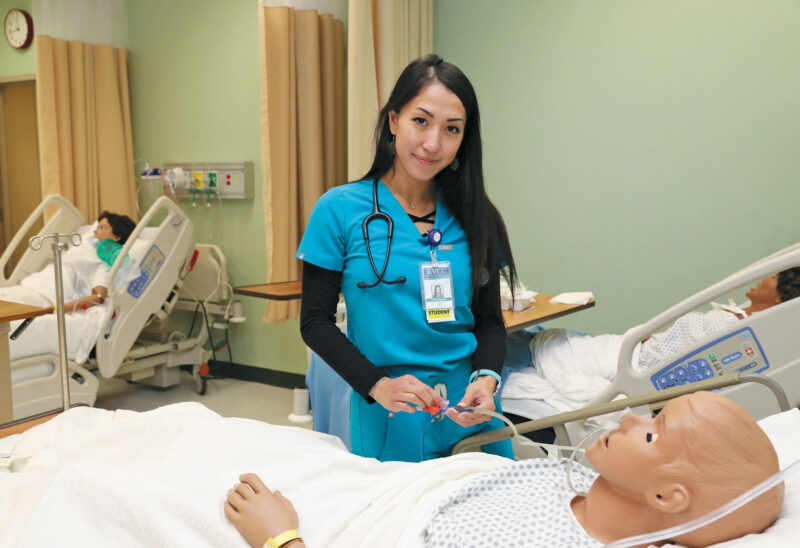Cody Morrison, executive director of the Monadnock Economic Development Corporation, spoke with the Charitable Foundation’s Lois Shea about why child care and economic development are inextricably linked.
LS: Describe why quality, affordable child care matters from an economic-development perspective.
CM: The top three economic development issues right now are child care, workforce development and housing, and they all relate to the quality of our workforce — the people doing the work that keeps our state going.
If we are not focusing on child care, we are not doing our job. Child care, like housing, is a business-retention tool, and is part of the infrastructure that communities need, like public drinking water and roads and bridges.
If a company is looking for a new CEO or a new production worker, or a community is looking for a teacher, a police officer, a firefighter — those people need a place to live, and they need child care. These are issues that bottleneck the state’s economy and hold back some of our economic potential. Our goal is to create 60-120 new slots in the region.
LS: What was the impetus for creating Bringing it Home?
CM: Keene Mayor George Hansel organized a community meeting of stakeholders to figure out some possible solutions to the child care crisis.
No one single solution is going to address this crisis, but this concept of empowering and incubating home-based child care providers comes from a reality that many commercial-based centers have: It’s hard to hire staff and find suitable space, and labor costs can really prevent a provider from being able to offer their services,
make them affordable, make payroll and keep a roof over their heads.
Rural communities may not have commercial real estate that would be able to host a child care center, but families and workers in those towns need child care.
This is a way of leveraging assets that are already there. This is a legitimate means of starting and maintaining a home-based business while being able to provide a massive community benefit. Providers are receiving business training and family educator training, and a grant from the Charitable Foundation is helping people with the licensing process.
LS: There are a number of partners involved in Bringing it Home.
CM: The Cheshire Children’s Museum is the meeting and networking space for our providers. Monadnock United Way and Keene State College are providing funding for the family education component, the Hannah Grimes Center is providing business training and Monadnock Economic Development secured a tax credit grant through the Community Development Finance Authority that will fund renovations and safety and facility improvements for the home-based providers. It’s an innovative and creative partnership. In a rural area, there is not one entity that has enough expertise to do it alone.
LS: Do you see this becoming a model for other regions?
CM: We are excited for this to become a model. We’re not aware of anyone else who is focusing on and including the family-based provider. People around New Hampshire and even from Washington, D.C. have been reaching out to see how this can be adopted in other areas.

